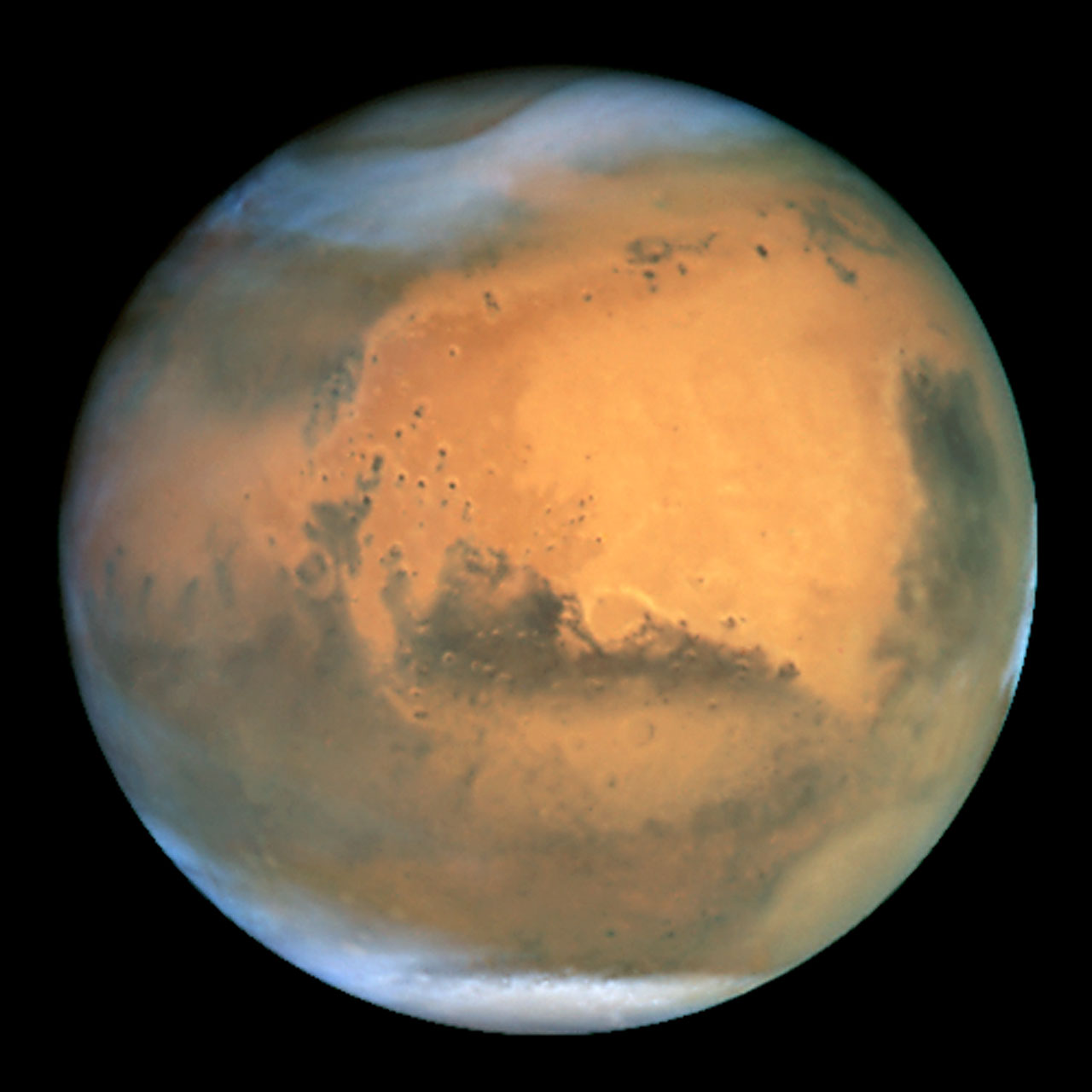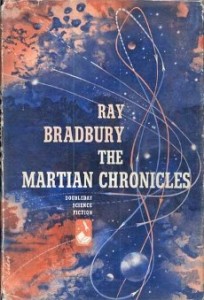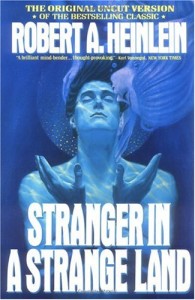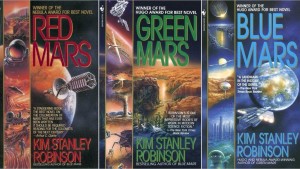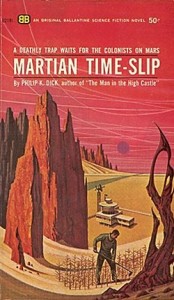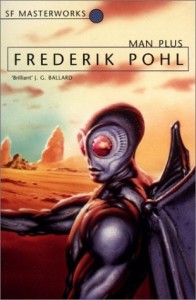While humans have been fascinated by Mars throughout history, writers in the 20th and 21st centuries have been particularly prolific in dreaming about the red planet. These stories are extremely important, as they inspire readers to achieve their dreams. For #MarsMonday, here are some of our top picks for the best Mars fiction!
The Martian Chronicles (Ray Bradbury)
Considered by fans of the genre as the original Mars Omnibus, The Martian Chronicles is a book of short stories Ray Bradbury originally published in the late 1940s in science fiction magazines. The stories form a narrative of the colonization of Mars by humans fleeing a devastated Earth, and finding ways to adapt and thrive in the harsh Martian conditions.
Stranger in a Strange Land (Robert Heinlein)
Named one of the 88 “Books that shaped America” in 2012, Stranger in a Strange Land is a revered novel about the adoption of a Mars-raised human into Earth society. While set primarily on Earth, the novel is celebrated by space enthusiasts as the prime genre “fish out of water” story.
Red Mars/Green Mars/Blue Mars (Kim Stanley Robinson)
The Mars series by Kim Stanley Robinson is the quintessential fictional Mars universe. Totaling 1,663 pages, the story details everything from the first colonial mission to Mars, through terraforming and a rising population, to the eventual conflicts between the Martian government and Earth.
Martian Time-Slip (Philip K. Dick)
Philip K. Dick’s classic Martian Time Slip, while set on Mars, deals with schizophrenia and other mental illnesses to the backdrop of an authoritarian government. Originally a series of short stories, the book was published during a renaissance of Mars thought in the 1960s.
Man Plus (Frederik Pohl)
Man Plus by Frederik Pohl explores the concept of adapting the human body to survive on Mars, rather than terraforming the planet for human colonization. In doing so, Pohl introduces a dual-isolation to the story: that of distance and of species, due to the altered biology of the colonists.

